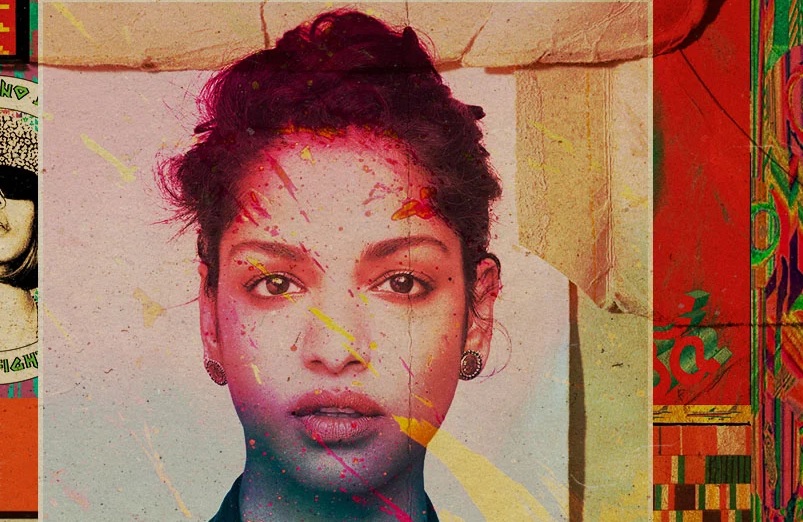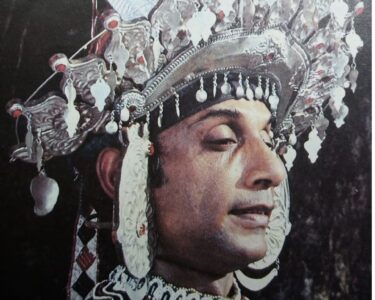When the term “Missing in Action” Takes a Musical Turn: The Complicated Journey of M.I.A.
Maya Arulpragasam, better known as M.I.A., derived her stage name from a deeply personal place, where the disappearance of her cousin during the Sri Lankan Civil War left an indelible mark. Little did she know that this theme of disappearance would resonate throughout her life and career, albeit in different contexts. Once hailed as a beacon of fresh talent in the music industry, M.I.A.’s trajectory has been tumultuous, marked by controversy and the relentless passage of time.

Born amidst the buzzing streets of London but with roots tracing back to Sri Lanka, M.I.A.’s upbringing was a blend of cultures and struggles. Her early years in Sri Lanka, witnessing poverty and the horrors of war, deeply influenced her music. She ventured into the realm of hip-hop and dancehall, intertwining infectious beats with poignant political messages, a rare combination in the music landscape.
Her debut album, “Arular,” named after her father who was involved in the Tamil resistance movement, delved into themes of conflict and resistance. It was with her sophomore album, “Kala,” however, that M.I.A. truly made her mark. This album, inspired by her mother’s experiences, showcased a fusion of South Asian and African musical elements, alongside powerful lyrics addressing issues like immigration, poverty, and capitalism. The standout track, “Paper Planes,” challenged stereotypes about immigrants and became a commercial hit, proving that there was indeed space for socially conscious music in the mainstream.

Yet, M.I.A. was not one to shy away from controversy. Her outspoken nature and polarizing opinions often landed her in hot water. Whether it was her critique of the music industry’s limitations on intelligence or her views on cultural and political issues, M.I.A. found herself embroiled in numerous controversies, including her family’s connections to the Tamil Tigers and her stance on vaccinations.
Her recent comments on social media, particularly regarding vaccinations and the Sandy Hook shooting, drew widespread condemnation and led to her being pulled from the GQ Awards. Despite her undeniable impact on music and culture, M.I.A.’s journey serves as a cautionary tale about the complexities of fame, political engagement, and the blurred lines between artistic expression and social responsibility. As she navigates through the turbulent waters of public opinion, one thing remains certain: M.I.A. continues to defy expectations and challenge norms, for better or for wors







